DSA Correspondent
14th ASEAN Defence Ministers’ Meeting-Plus (ADMM-Plus) Experts Working Group (EWG) on Counter-Terrorism
The 14th meeting of ASEAN Defence Ministers’ Meeting-Plus (ADMM-Plus) Experts Working Group (EWG) on Counter-Terrorism was conducted in New Delhi from March 19 to 20, 2025. India and Malaysia co-chaired the ibid meeting.
This is the first meeting for activities planned for EWG on Counter-Terrorism for the ongoing cycle from 2024-2027. Delegations from 10 ASEAN members (Brunei, Cambodia, Indonesia, Lao PDR, Malaysia, Myanmar, Philippines, Vietnam, Singapore and Thailand) and eight dialogue partners (Australia, New Zealand, RoK, Japan, China, USA and Russia) along with Timor Leste and ASEAN Secretariat participated in the meeting.
Defence Secretary Shri Rajesh Kumar Singh delivered the keynote address during the opening ceremony on 19th March, 2025. He said “terrorism remains a dynamic & evolving challenge, with threats increasingly transcending borders. The use of advanced technology, cyber tools & unmanned systems by terrorist groups necessitates a cohesive, forward looking and action-oriented approach. The Secretary added that the Indo-Pacific region, given its geopolitical and economic significance, is particularly vulnerable to transitional terrorism and violent extremism, which calls for a comprehensive, adaptive and deeply collaborative response.
He emphasised that, through the ADMM-Plus platform, India seeks to build synergy among the defence forces, security agencies and policy frameworks to address emerging threats effectively. “In the complex, hyper-connected & fast-paced world, social and ecological systems are fragile. It is important to assess this risk to empower the Governments in priority setting and decision making. Terrorism can destabilise governments, undermine civil society, and threaten social & economic development. We have a collective obligation to provide the decision-makers guidance to understand uncertainty and better weigh the impact on decision making.”
The Defence Secretary stated that “in the present cycle of EWG on Counter-Terrorism, the focus will be on strengthening regional cooperation and improving interoperability among the Armed Forces through structured joint initiatives. He added that the aim will be to counter the misuse of emerging technologies and address threats posed by terrorists through use of AI-driven propaganda, encrypted communications and drone technologies. Strengthening cyber resilience against online radicalisation and recruitment efforts will also be a focus area.”
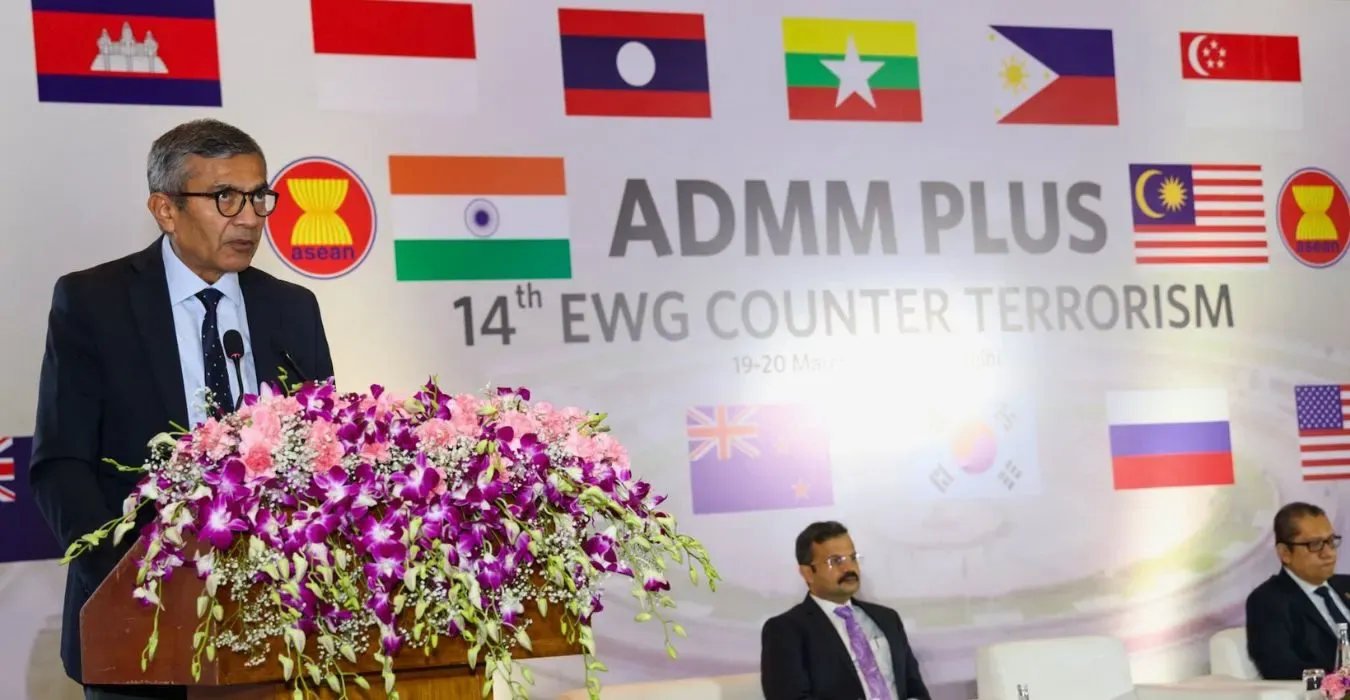
-min.webp)
-min.webp)
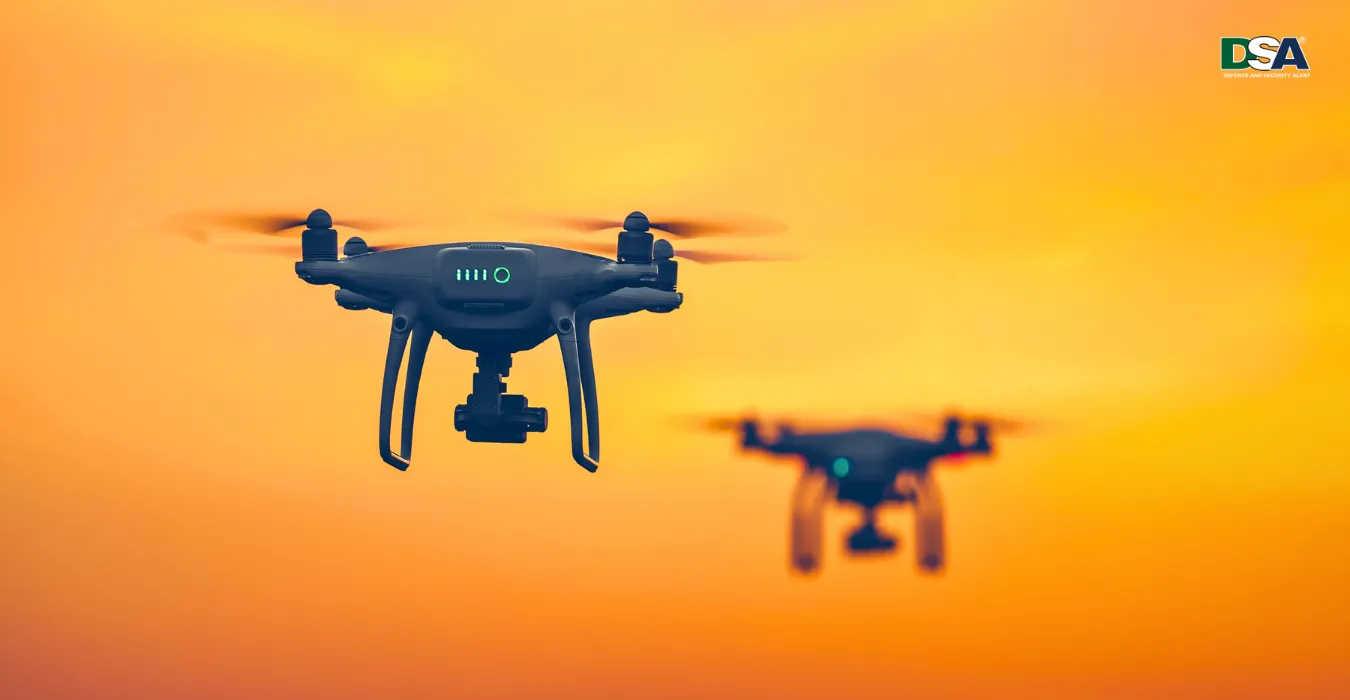
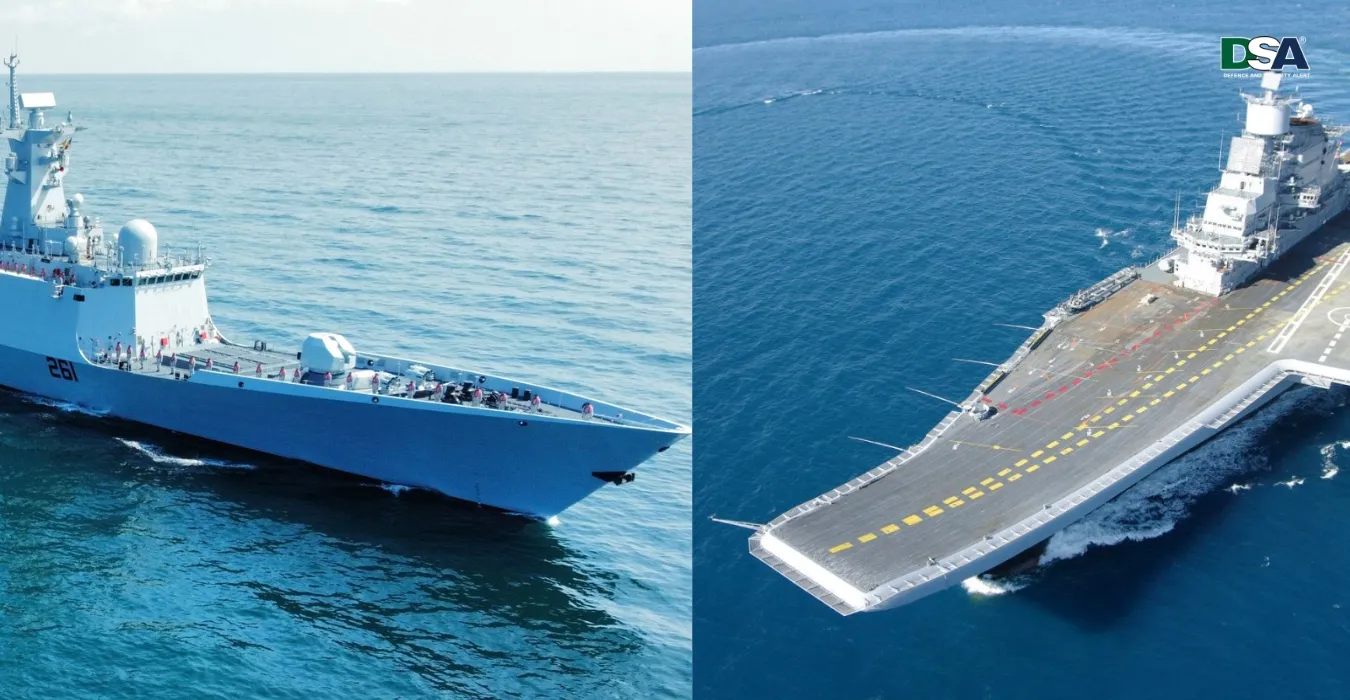
.webp)
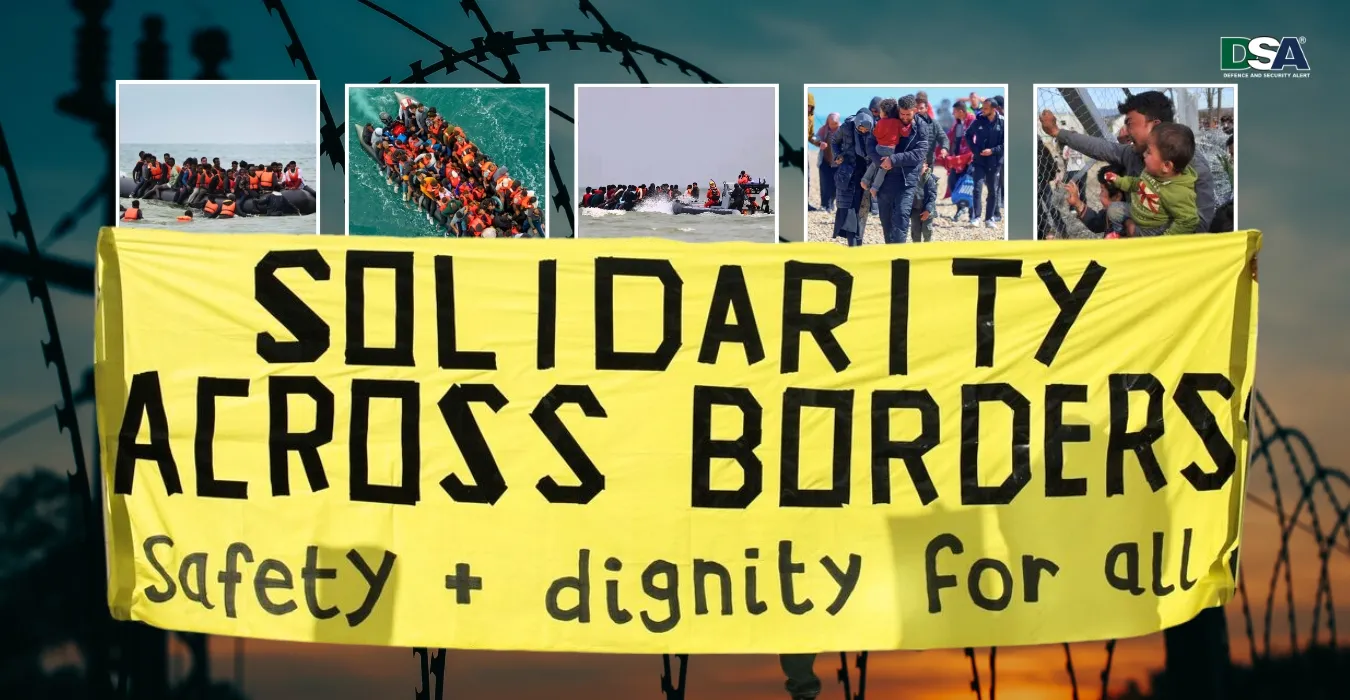
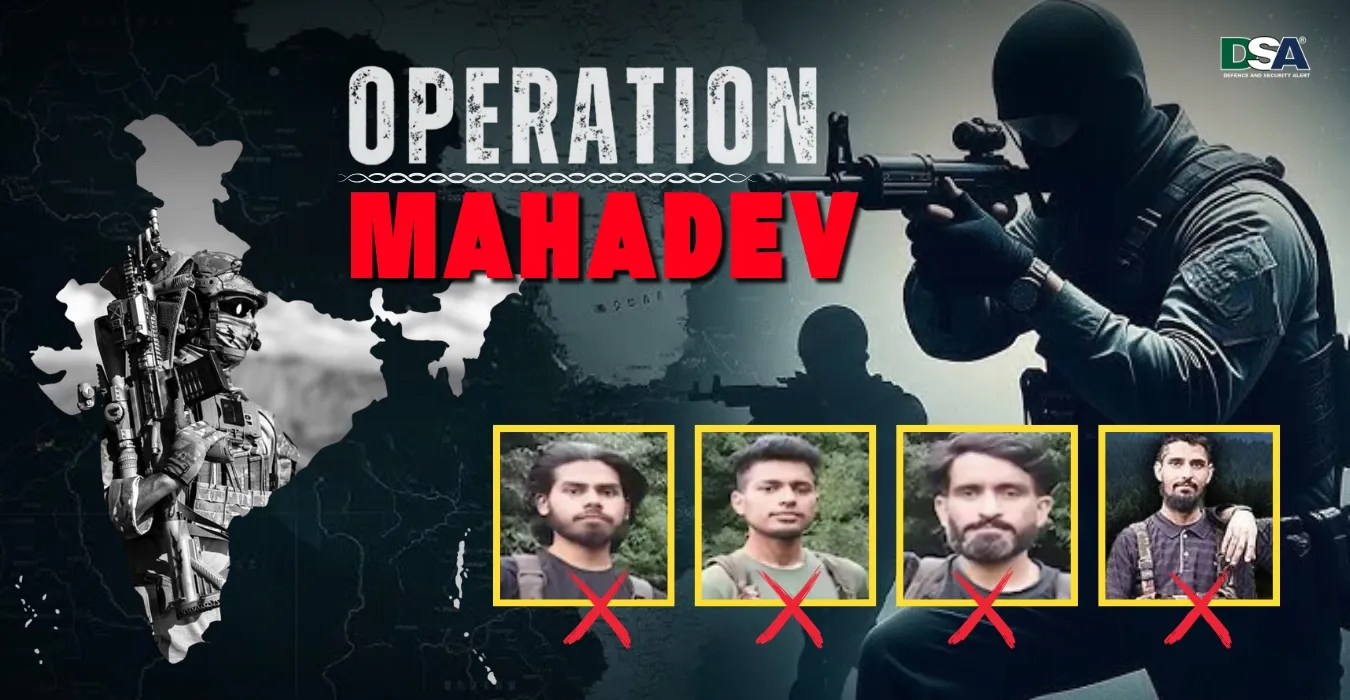
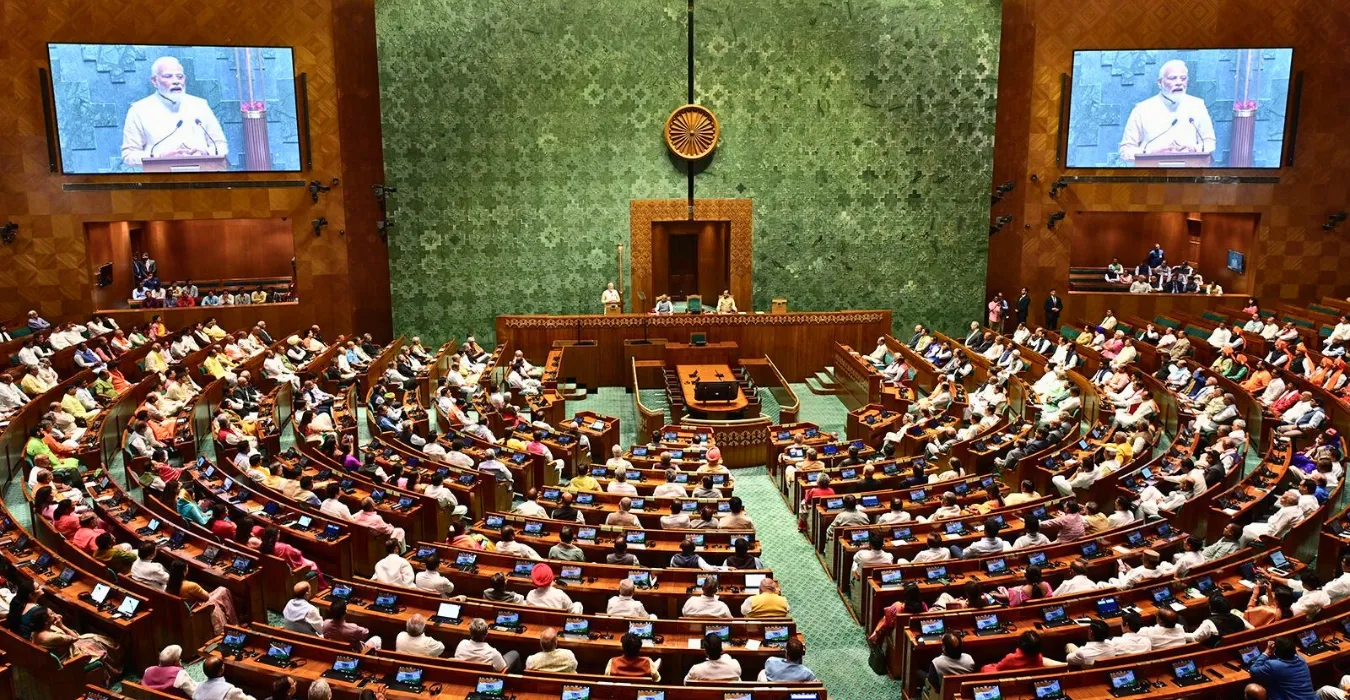



 9958382999
9958382999
